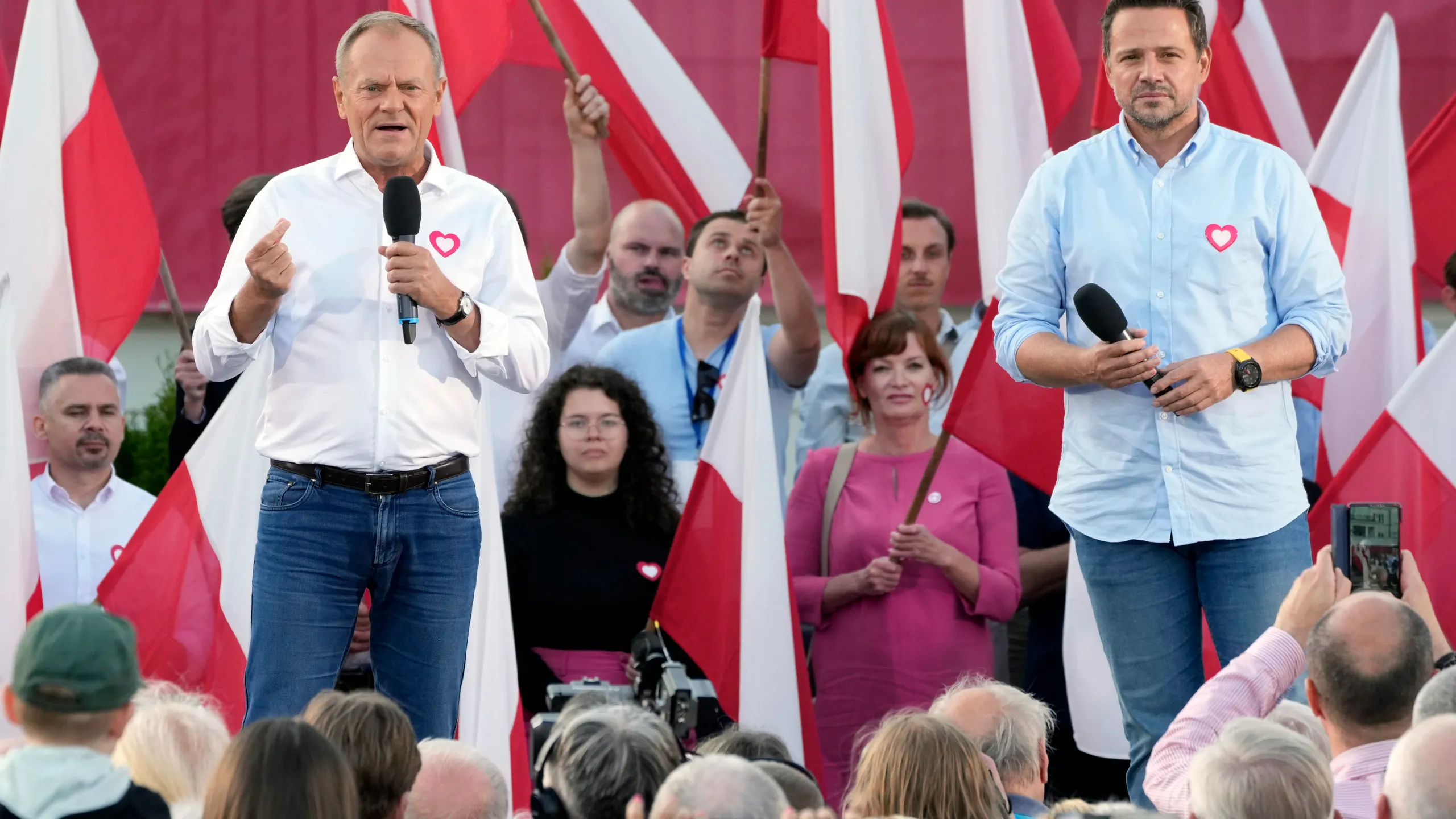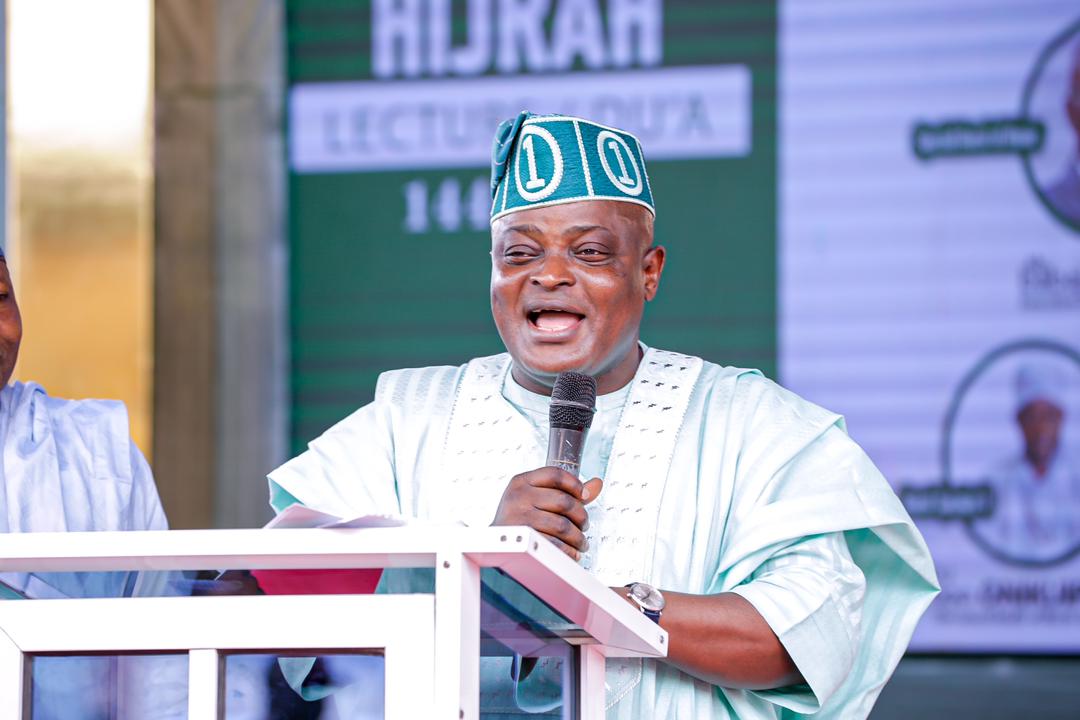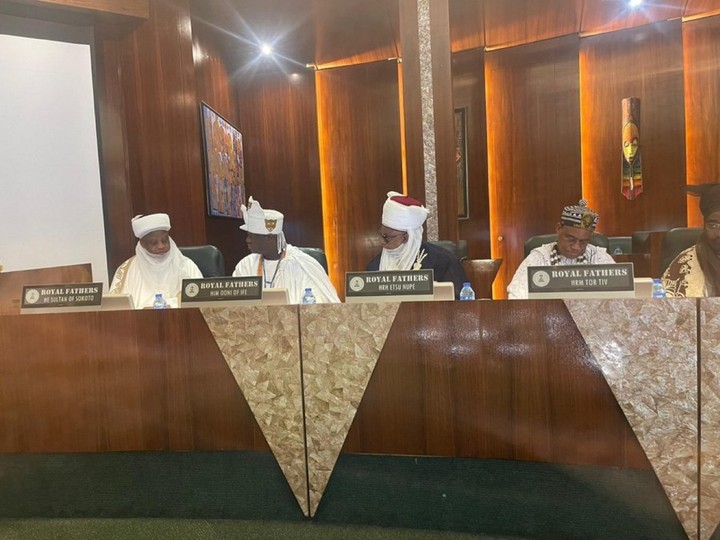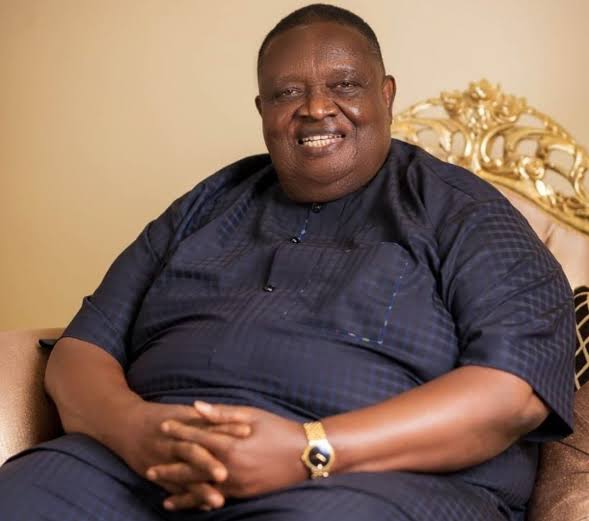– as Speaker charges religious leaders on impactful messages
Nigerians, irrespective of religious affiliations, must begin to embrace good morals and practise honesty, two guest lecturers at the 15th Annual Hijrah Lecture of the Lagos State House of Assembly, have urged.
This is as the Speaker of the House, Rt. Hon. Mudashiru Obasa, also charged Nigeria’s religious leaders to teach messages with greater positive impacts on citizens.
Sheikh Sulaiman Onikijipa Al-miskinubilahi, general overseer of Al-Amani Islamic Organisation, and Sheikh Ridwanullah Jamiu, Chief Imam of the Central Mosque, Lekki Phase 1, said moral conducts and honesty would help create a decent society.
Speaking at the event with the theme: ‘The Increasing Wave Of Moral Decadence In The Society’, which held at the Assembly complex on Friday, the guest lecturers condemned the spate of moral decadence in the society.
Dr. Jamiu told guests that there was need to enforce laws against anti-decent practices like homosexuality, gambling, adultery and corruption.
According to him, Allah blesses those who are kind, just and are morally upright.
“People should run away from three things: indecency, aggression and wickedness. For a society to progress and develop, it must move away from what Allah kicks against.
“Justice means giving people their rights. As a boss, you have duties to your employees. Treat others the way you expect to be treated. Allah commands kindness and generosity,” he said while urging parents to be role models to their children.
On his part, Sheikh Onikijipa lamented what he described as a growing level of corruption in the society.
“At this stage of our existence, we all know that almost everyone is corrupt,” he said while urging leaders to be more transparent.
The cleric further stressed that leaders must be determined to end moral decadence in the society, adding: “See the way the government stopped the abuse of naira with necessary legislation. The same should be done for other forms of moral decadence in the society.
“There is no religion if we don’t have morals. If you observe all the five pillars of the Islam and you are morally corrupt, then you are deceiving yourself.
“If you pray regularly and you don’t have morals, then it is a waste of time. Indecent dressing should be condemned in all places,” he said.
While noting that Nigeria is challenged at the moment, Onikijipa appealed to citizens to be patient with the administration of President Bola Tinubu.
He urged religious leaders and citizens in the country to dedicate a day for fasting and prayer instead of embarking on a protest, which has a tendency to escalate into destruction of properties.
In his remarks, Speaker Obasa said everyone has roles to play in achieving an upright society.
Obasa, who said that Hijrah is meant to celebrate the clerics, added: “You would be proud of the group you belong to when people feel your impact. We should ensure that we change our immediate environment and make things better in our time.
“We must all join hands to make our society better so that we can all have a morally upright place. It is not enough to make laws, people must exhibit good qualities.”



Eromosele Ebhomele
Chief Press Secretary to the Speaker of the Lagos State House of Assembly.

 Business6 months ago
Business6 months ago
 Business6 months ago
Business6 months ago
 celebrity radar - gossips6 months ago
celebrity radar - gossips6 months ago
 celebrity radar - gossips6 months ago
celebrity radar - gossips6 months ago










